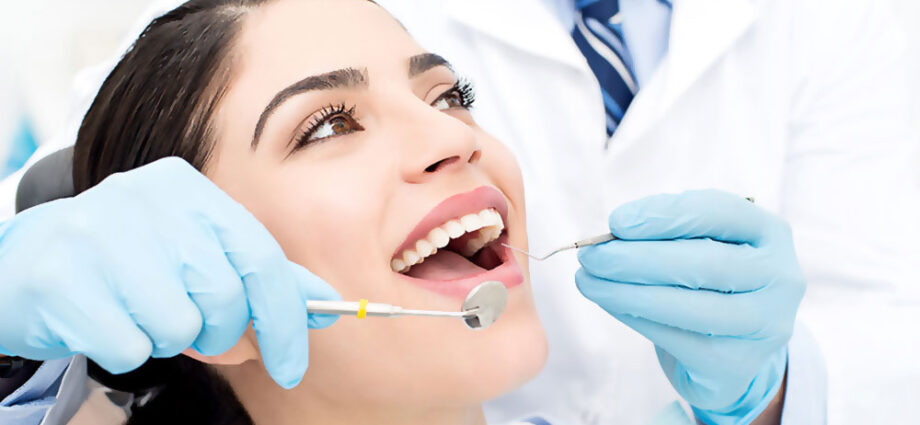Mouth guards or athletic mouth guards are two different names for the same things. It is worn over your teeth to protect from head or face blows. It protects your teeth from breaking or chipping. If you are an active participant in a sport that involves falls, flying equipment, or body contact, it is recommended that you wear it at all times while playing.
Sports like hockey, football, basketball, skateboarding, mountain biking, baseball, etc., may injure the mouth. Mouth guards protect your upper teeth and avoid damage to the mouth area. It is more important if you are using a dental product such as braces or dentures. Speak to a Manhattan, NY dentist for more information.
FAQs about athletic mouthguards
- What are the different types of mouthguards?
There are various types of mouthguards available in the market, but no matter whichever one you choose, it should be resilient and tear-resistant. It should also fit you properly so that you feel comfortable while playing the sports and do not have difficulty breathing. The three types of mouthguards include:
- Custom-made mouthguards are customized at the dentist’s clinic.
- Boil and bite mouthguards which can be altered by boiling in water and then biting on the warm plastic for the perfect fit.
- Stock mouthguards that come pre-formed but may not fit you properly.
- Who should use a sports mouthguard?
A sports mouthguard, also simply known as a mouthguard, can be used by kids and adults regardless of whether they are fond of sports. Some recreational activities like gymnastics and skateboarding also pose a risk of injury to the mouth. People participating in such activities can also benefit from wearing a mouthguard.
- What is the difference between a mouthguard and a nightguard?
Mouth guards are used to protect your mouth from injuries during sports or recreational activities. However, night guards are made for a whole different purpose. Night guards are meant for people who have a problem with unknowingly grinding their teeth at night, also known as bruxism. Both are excellent dental products for protecting your teeth.
- How long should mouthguards last?
Mouth guards are ideally required to be replaced after every few months because they are not long-lasting and can wear down over time, which makes them ineffective. Replacement is especially important for adolescents because their teeth continue to grow and develop during adulthood. Many athletes get a brand new mouthguard every time they visit their dentist in Manhattan, NY, for a 6-month dental checkup.

